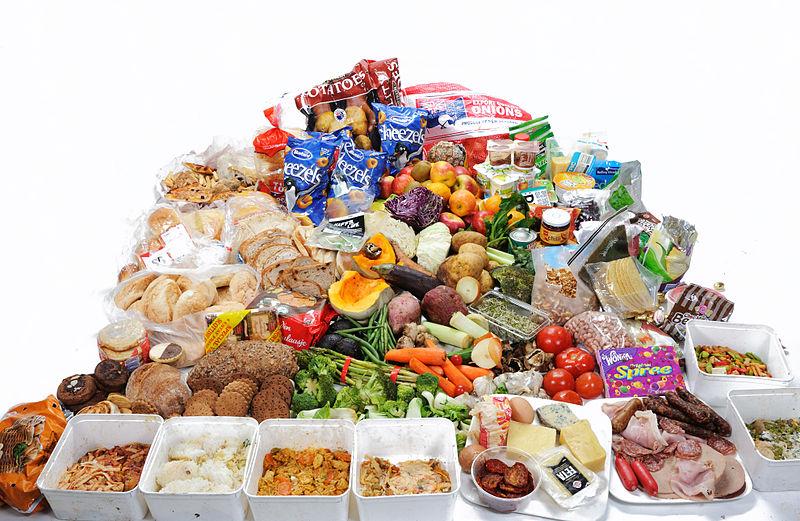Scientists think smartphone games could train us to resist eating unhealthy food.
Two-thirds of UK adults are overweight or obese. A lot of people, including the British government, would like to change that. They point out that being overweight is linked to a host of economic and social problems such as being more likely to require expensive medical treatment, being unable to work and being discriminated against for things like job opportunities.
Now researchers have come up with a potential new solution: a smartphone game that requires users to select photos of healthy food and ignore images of unhealthy ones. This seems to help them make healthier choices in real life: overweight testers reduced their daily food intake by an average 200 calories.
If released publically, the app may prove popular with wannabe-dieters. But as a national weight-loss strategy it is likely to attract criticism for placing the responsibility for healthy eating on individuals rather than food companies or governments. After all, people are more likely to choose an unhealthy food option when it’s cheap(er), heavily advertised and easily accessible. That’s why the outgoing Chief Medical Adviser to the UK government, Dame Sally Davies, recommended that obesity instead be tackled by putting larger taxes on unhealthy food (which raises its price), banning such food from events and selling it in plain packaging.
The counterpoint to Dame Sally’s position is that governments shouldn’t be meddling so much in our diets or trying to control our access to certain types of food. Indeed, many body-positive activists would argue that governments (and everyone else) need to stop trying to push plus-size people to lose weight, period. For them, many of the problems overweight people face - like workplace discrimination - can and should be solved by changing or legislating against society’s prejudices towards non-thin people. They don’t deny that extra weight carries increased health risks. But they point out that so do plenty of other things that governments don’t try to stop people doing, such as riding a bike or playing rugby.
Read our explainer on: food.

